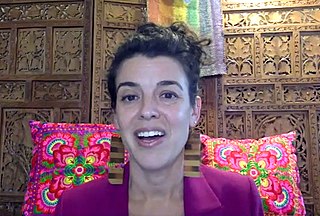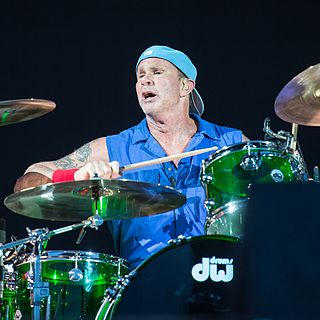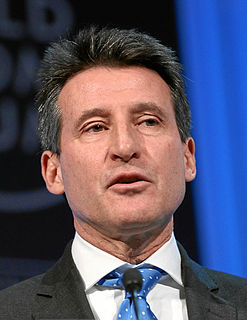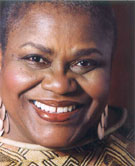A Quote by Camila Alves
If you think about it, all of us have one or more teachers who were instrumental.
Related Quotes
Excellent teachers showered on to us like meteors: Biology teachers holding up human brains, English teachers inspiring us with a personal ideological fierceness about Tolstoy and Plato, Art teachers leading us through the slums of Boston, then back to the easel to hurl public school gouache with social awareness and fury.
I started teaching in '76 and I'd been a photographer at the Geographic for six years. But prior to being at the Geographic I was a teacher. Plus my parents were teachers and my brother and my grandparents. So it was the culture of our family to think about teaching, to talk about teaching, to talk about teachers.
The Chili Peppers do a lot of improvising, but it's within the framework of song structures. The Meatbats is from a purely instrumental standpoint. But when you hear the term 'instrumental music' you think it's real serious stuff and everybody's playing a million notes and it's about playing fast. That's not what we do.
There are a lot of polls that show that actually Americans have a pretty high opinion of teachers, that Americans think teachers are just about as prestigious as doctors. And yet there's this political conversation - this reform conversation - that paints a very negative picture of the effectiveness of the teaching population. So there's definitely a tension between the way teaching is talked about and understood at the political level and how everyday average Americans think about teachers.










































